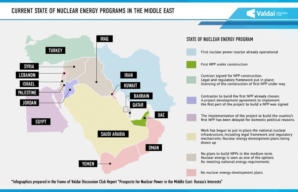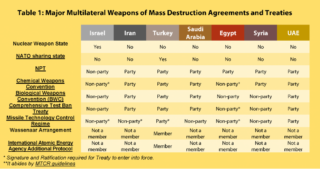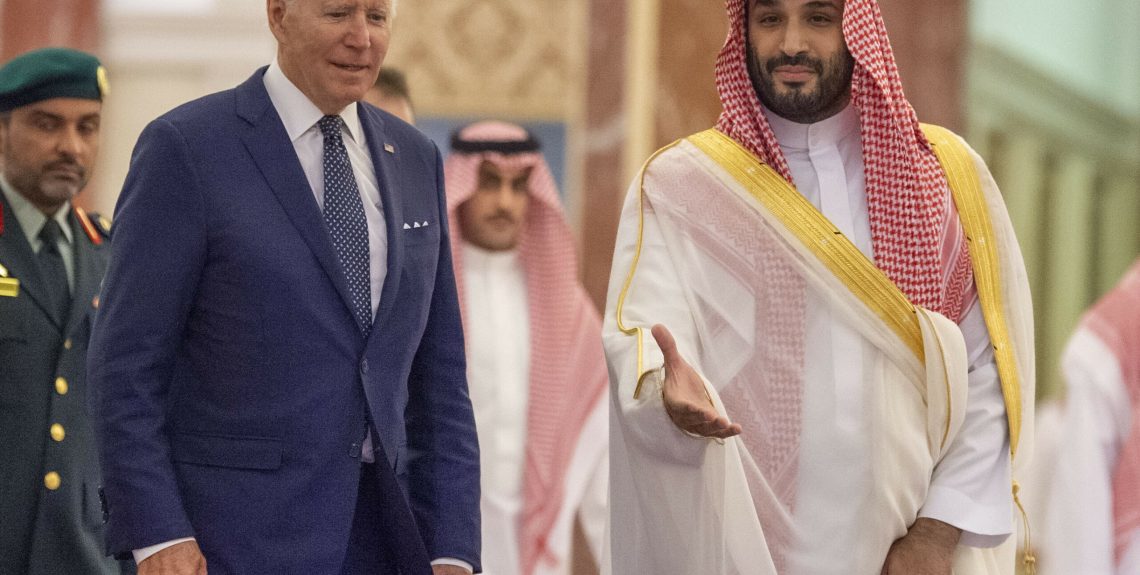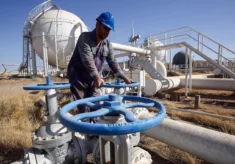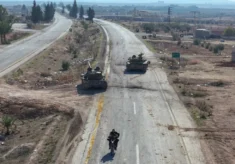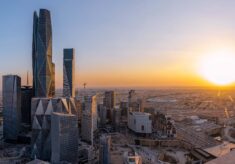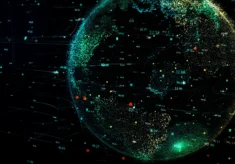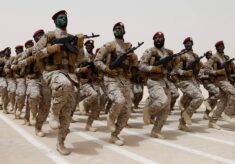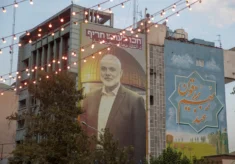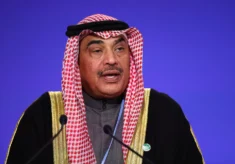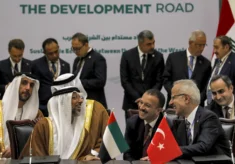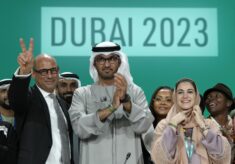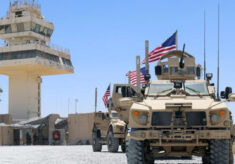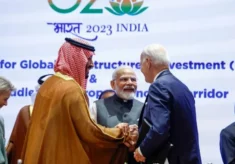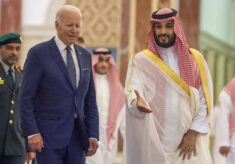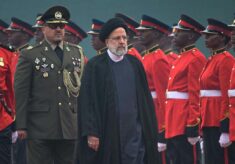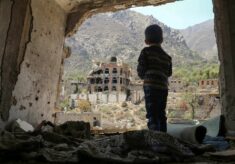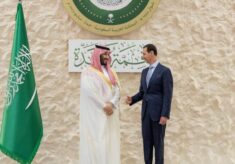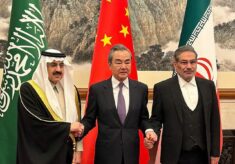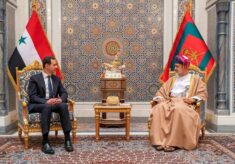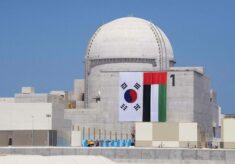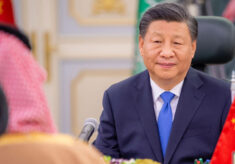The great reshuffle put in motion by significant diplomatic achievements early this year have certainly contributed to the de-escalation in the Gulf, providing a window of opportunity for dialogue and détente. The deal brokered by China in March between Iran and Saudi Arabia is yielding encouraging results, as shown during the visit of Iranian Foreign Minister Hossein Amir-Abdollahian to Riyadh on the 17th of August.
Reciprocating the trip to Teheran of its Saudi counterpart Prince Faisal bin Farhan al-Saud early in June, Amir-Abdollahian not only travelled with the new Iranian ambassador Alireza Enayati, who recently took office at the Iranian embassy in the kingdom (reopened after the two countries severed ties in 2016 over the execution in Riyadh of the Shiite cleric Nimr al-Nimr). He also met with the Crown Prince Mohammed bin Salman al-Saud (commonly referred to as MbS), de facto and de jure ruler of the country since becoming Prime Minister as well.
The rapprochement has certainly contributed to ease tension between the two powerhouses, engaged in a quest for supremacy in the Middle East that has exacerbated civil wars in the wider region. It is also in line with the new regional trend characterised by the normalisation of diplomatic ties and a diplomacy first approach explicitly encouraged by the US administration ever since the inauguration of President Joe Biden.
